In a rare and revealing interview with CBS News' 60 Minutes, President Donald Trump shared his thoughts on the recent takeover of Paramount by Skydance and the appointment of Bari Weiss at CBS News, leaving many to wonder about the implications of these developments on the media landscape.
Behind the scenes of the high-stakes world of entertainment and journalism, a significant shift is underway. The acquisition of Paramount by Skydance, a production company known for its work on blockbuster films like Top Gun: Maverick, has sent shockwaves through the industry. Meanwhile, the appointment of Bari Weiss, a prominent conservative commentator, to a role at CBS News has sparked debate about the future of journalism.
The 90-minute interview with Norah O'Donnell, CBS News senior correspondent and a contributor to 60 Minutes, was a rare opportunity for Trump to share his thoughts on a range of topics, from international politics to the economy and healthcare. But it was his comments on the Skydance takeover and Weiss's appointment that grabbed the most attention.
"I think it's a great move, a fantastic move," Trump said of the Paramount takeover. "Skydance is a tremendous company, and they're going to do a great job with Paramount. It's a big deal, a very big deal."
Trump's praise for the takeover was not surprising, given his long-standing relationship with the entertainment industry. But his comments on Weiss's appointment were more nuanced. "I think Bari Weiss is a great person, a very talented person," he said. "She's going to do a fantastic job at CBS News. I think it's a great hire."
The appointment of Weiss, a former New York Times opinion editor, has been met with both praise and criticism. Some have hailed her as a breath of fresh air, bringing a much-needed conservative perspective to the network. Others have expressed concerns about her past comments on social media, which have been criticized as inflammatory and divisive.
But what does it all mean for the media landscape? Experts say that the Skydance takeover and Weiss's appointment are part of a larger trend of consolidation and polarization in the industry.
"We're seeing a shift towards more partisan and ideologically driven media outlets," said Dr. Jeffrey Cole, director of the Center for the Digital Future at the University of Southern California. "This is a result of the changing media landscape, where people are increasingly seeking out information that confirms their existing views rather than challenging them."
The implications of this trend are far-reaching. As the media landscape becomes more fragmented and polarized, it becomes increasingly difficult for people to access a diverse range of perspectives and viewpoints. This can have serious consequences for democracy, as people become more entrenched in their views and less willing to engage with opposing viewpoints.
But it's not all doom and gloom. The rise of new media outlets and platforms has also created opportunities for diverse voices and perspectives to be heard. As Dr. Cole noted, "The internet has democratized access to information, allowing people to create their own content and reach a global audience."
As the media landscape continues to evolve, one thing is clear: the future of journalism will be shaped by a complex interplay of technological, economic, and social factors. The appointment of Bari Weiss and the takeover of Paramount by Skydance are just two examples of the many changes that are underway.
As Trump's interview with 60 Minutes showed, the media landscape is a complex and multifaceted beast, full of contradictions and paradoxes. But one thing is certain: the future of journalism will be shaped by the choices we make today, and the consequences of those choices will be far-reaching and profound.
In the end, the story of the Skydance takeover and Weiss's appointment is not just about the media landscape, but about the very fabric of our society. As we navigate the challenges and opportunities of the 21st century, it's more important than ever to engage with opposing viewpoints, challenge our assumptions, and seek out diverse perspectives. The future of journalism, and the future of our democracy, depend on it.
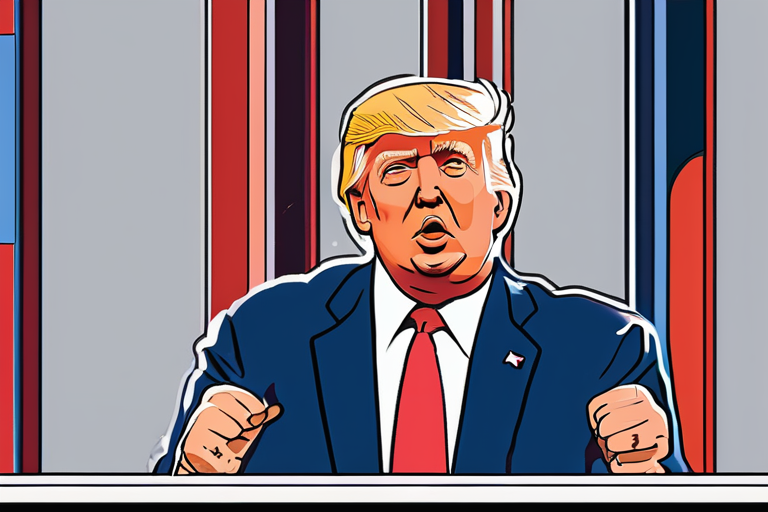



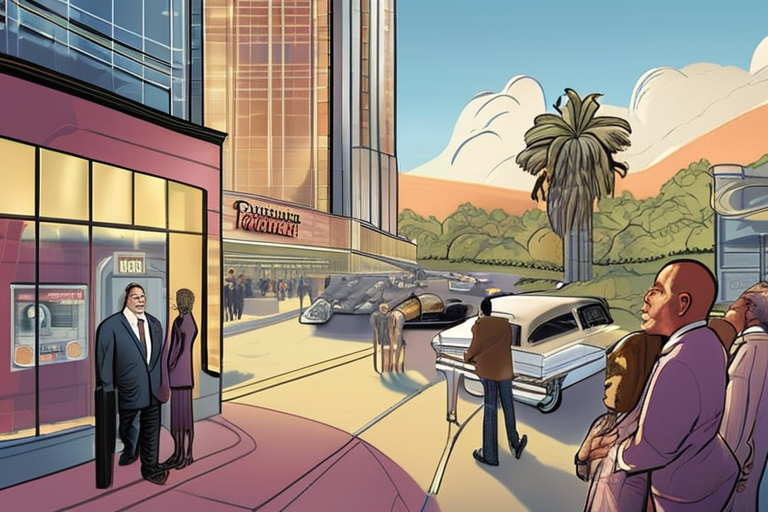
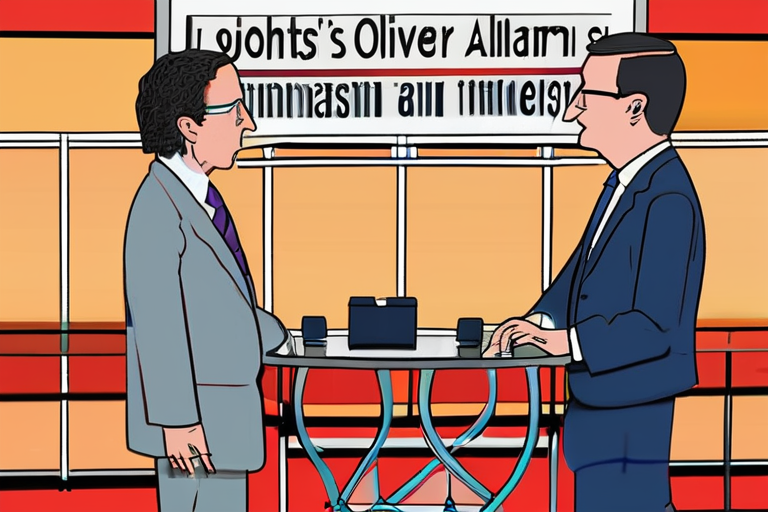
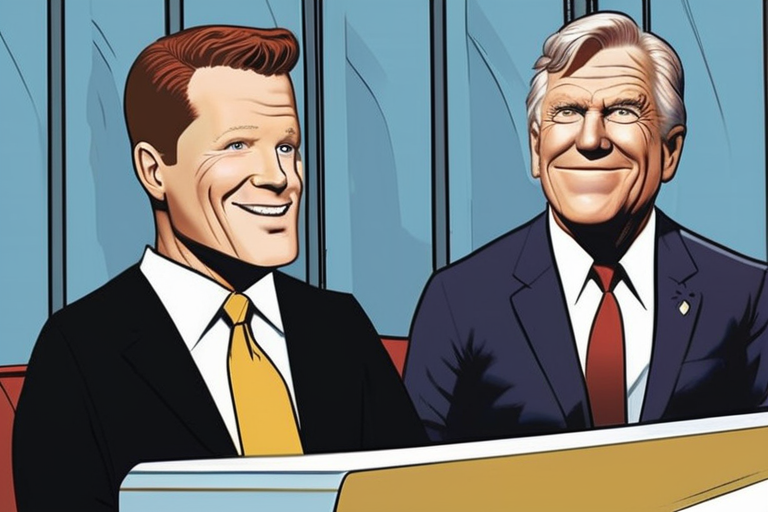
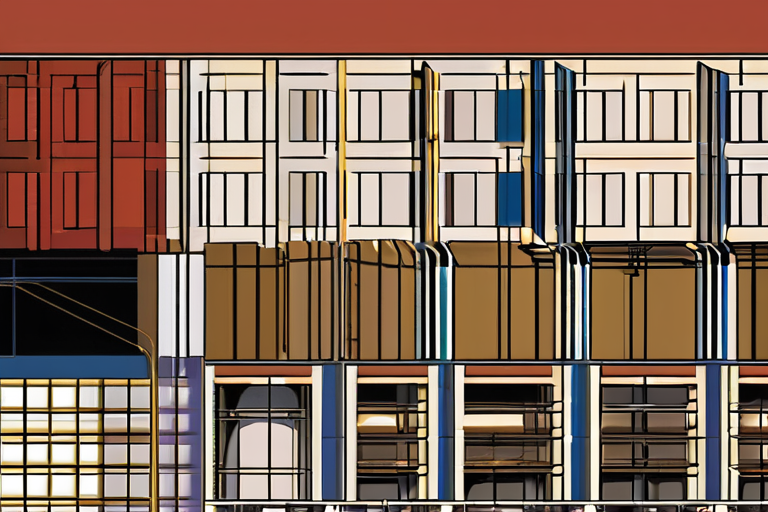

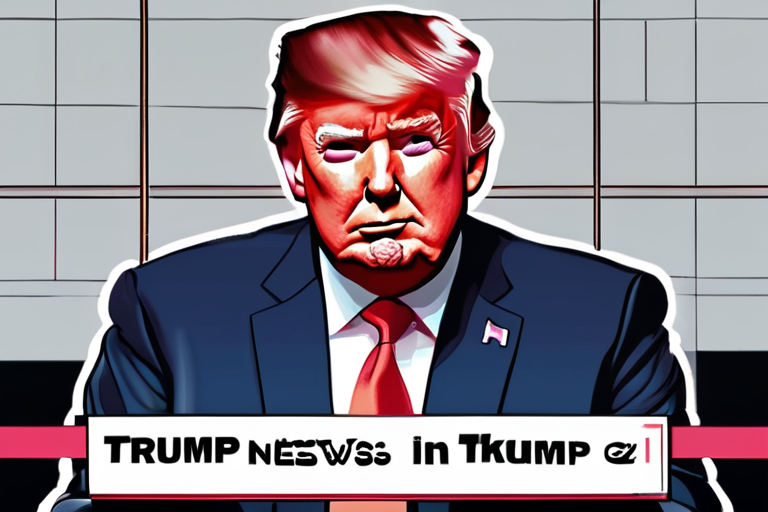
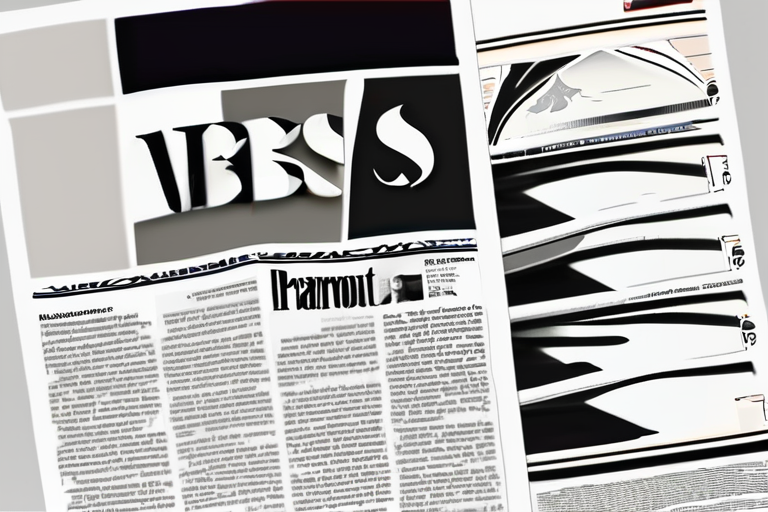
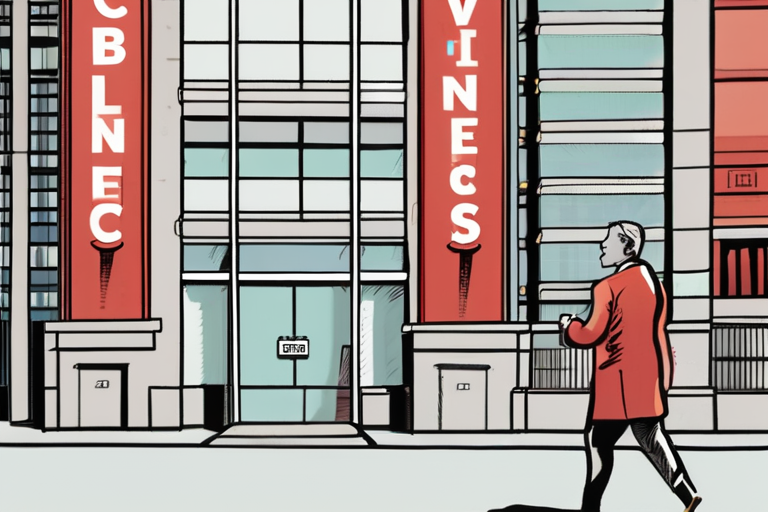
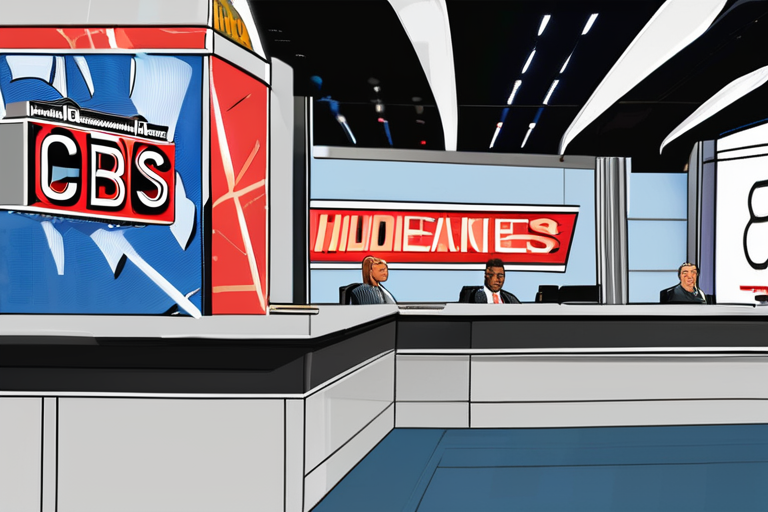
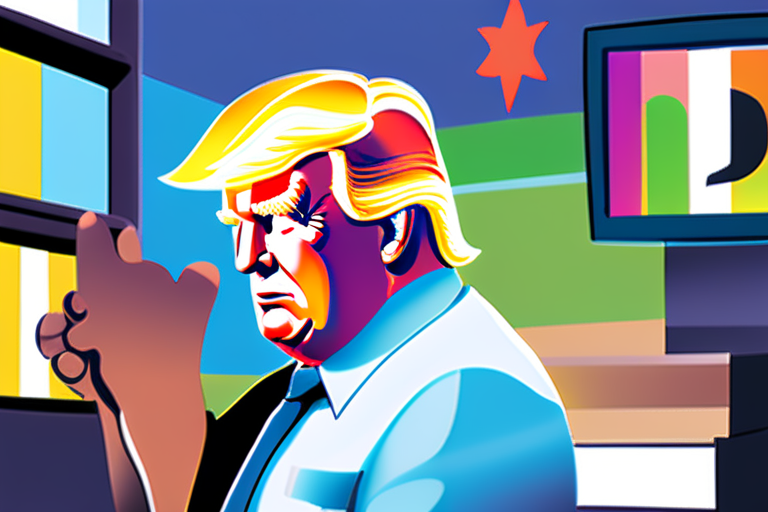
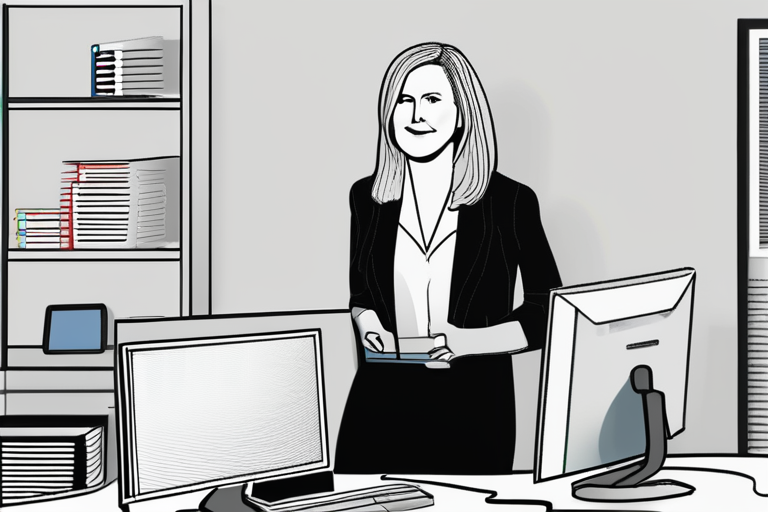
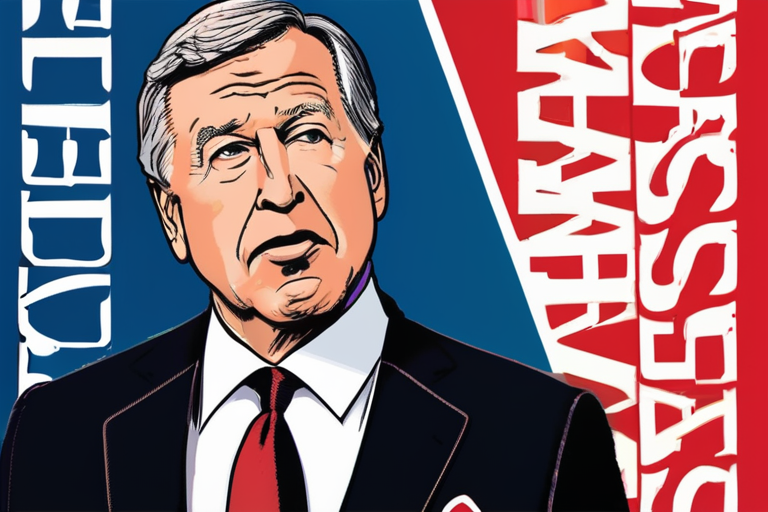

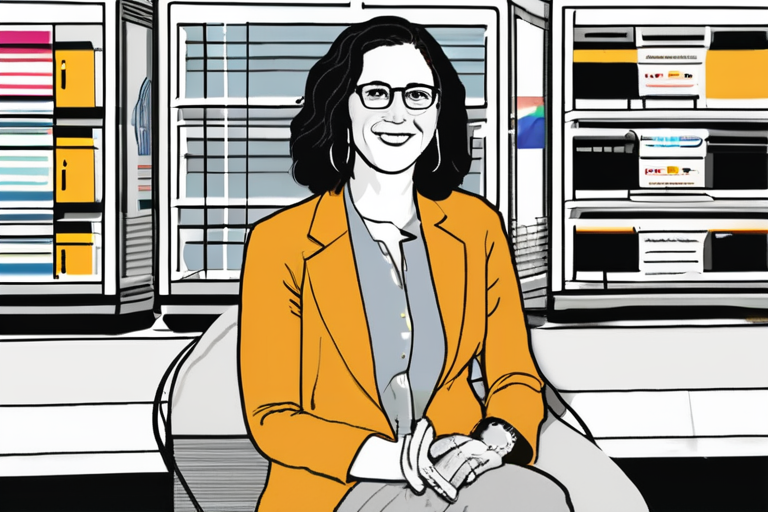
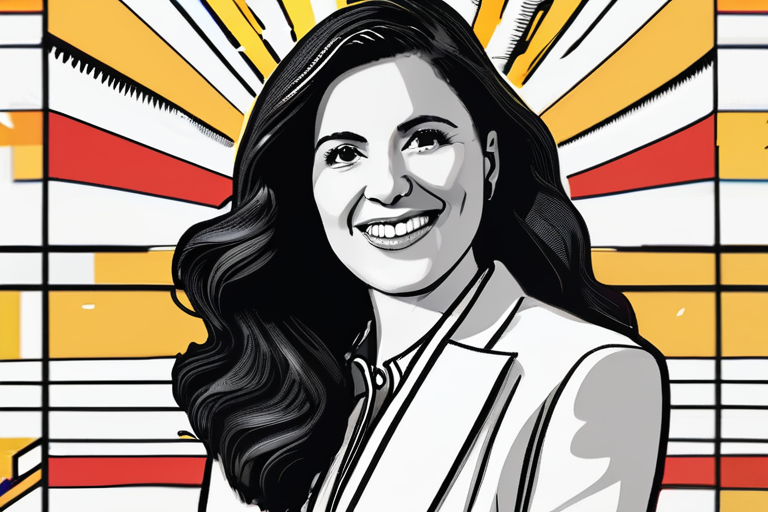
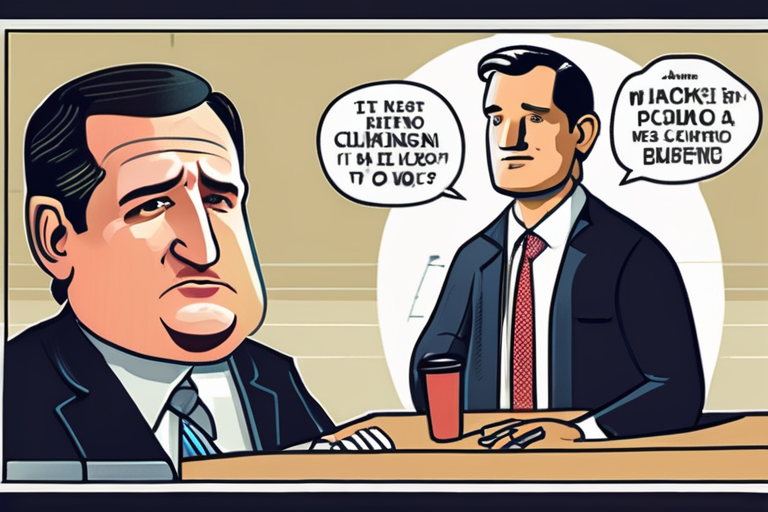
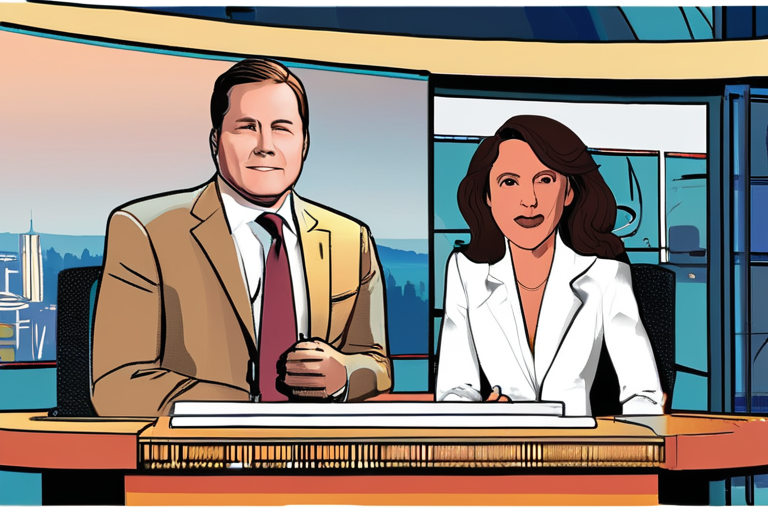
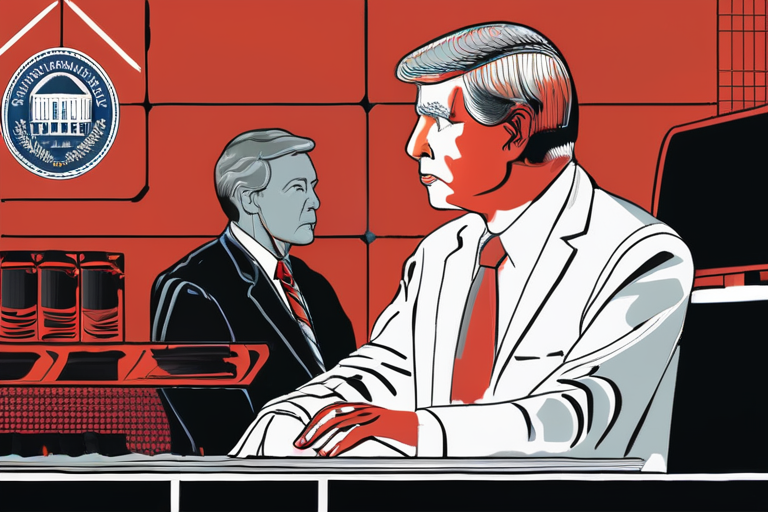
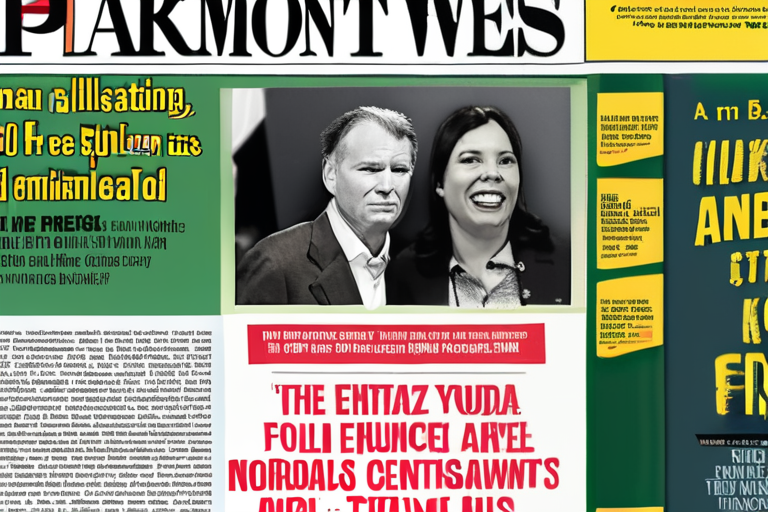
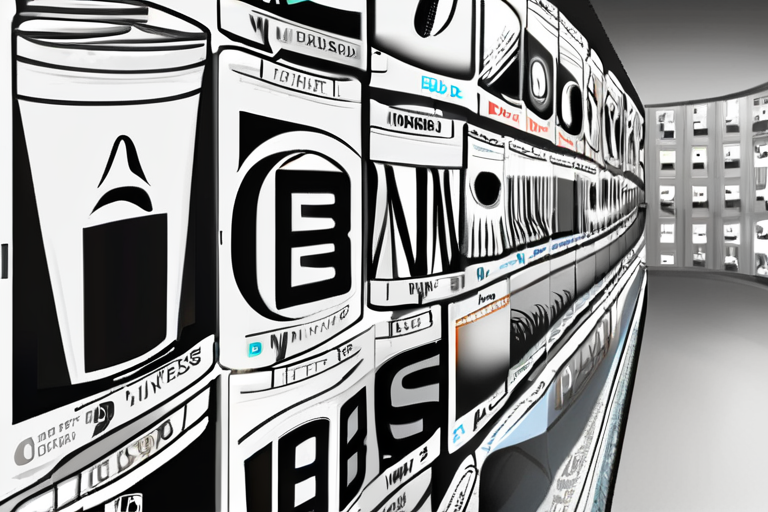
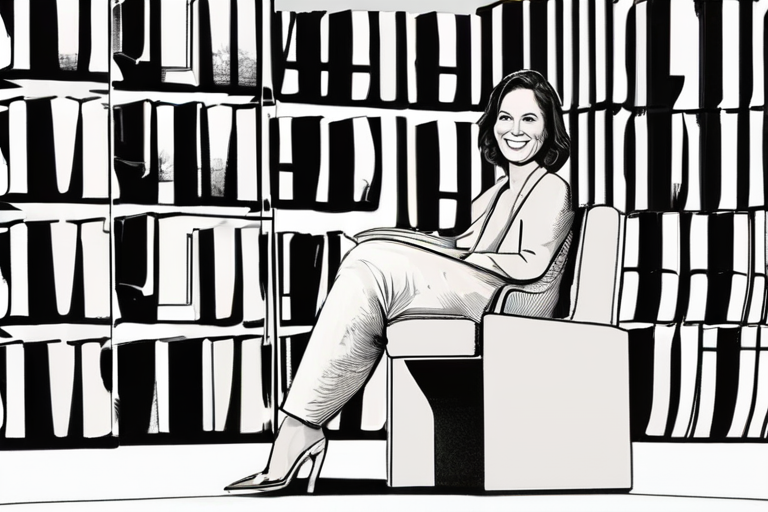
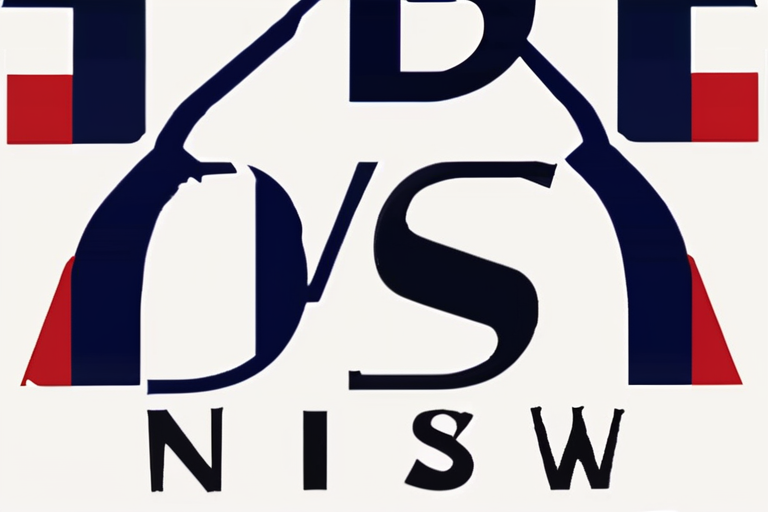
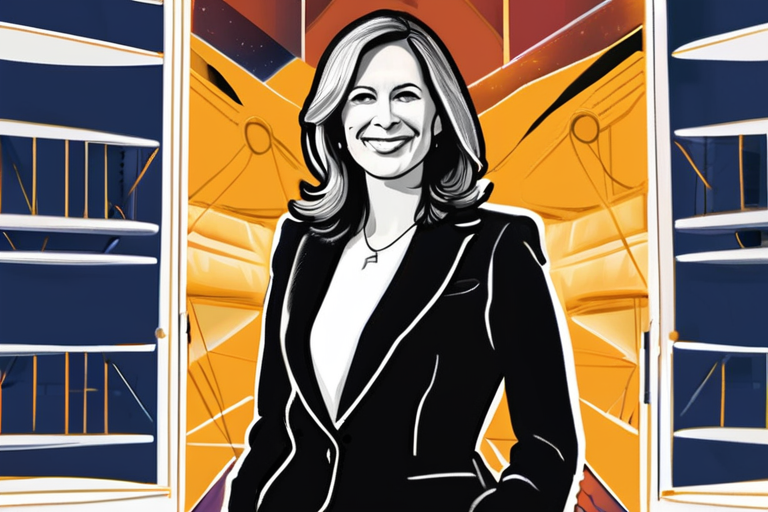
Share & Engage Share
Share this article